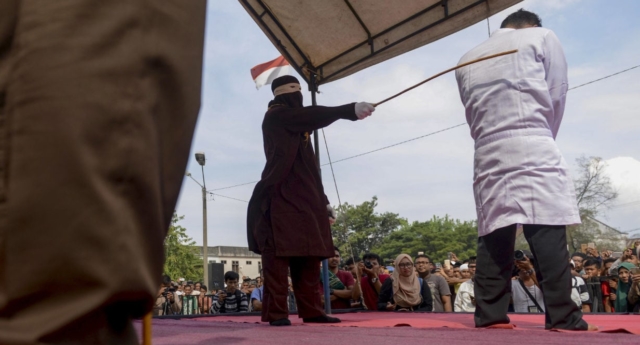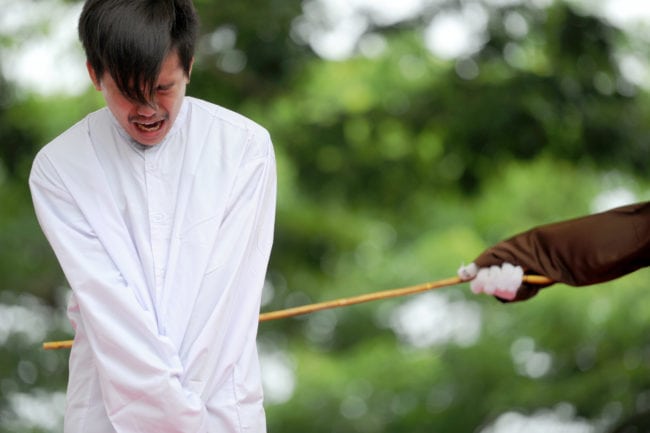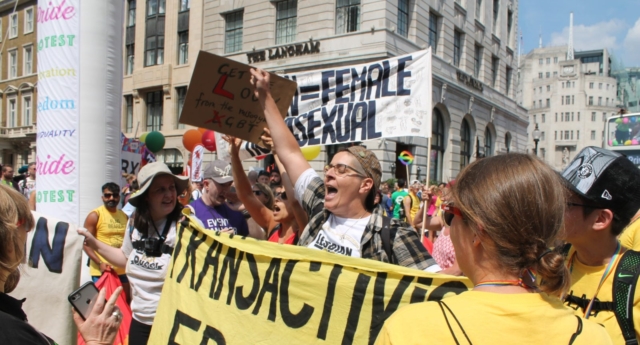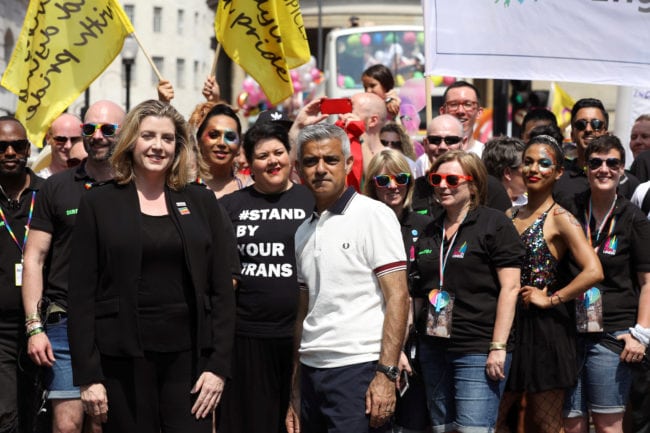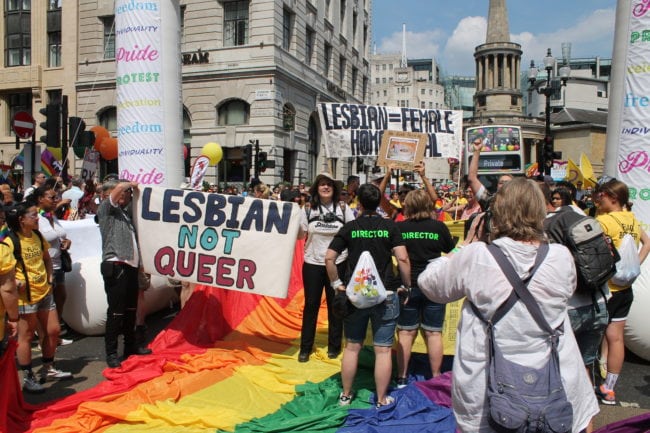US Officials Take Part in Global LGBTI Rights Conference
“We are eager to discuss ways that the coalition can support and recognize governments and civil society activists who are pressing for positive reforms,” he said. “We encourage discussion on how the coalition can work collectively in global and regional fora and how we can better coordinate donor assistance.”
The Equal Rights Coalition, which officially launched in 2016, seeks to advance LGBTI rights around the world.
Canada and Chile currently co-chair the coalition that includes the U.S. and 38 other countries.
“This coalition, like our societies, is strengthened by our diversity,” said Sullivan in his remarks. “As deputy secretary of state, I have sought to strengthen and advance this issue not only overseas but also within the United States government. I’ve learned that accounting for diversity strengthens our own resolve and enables us to learn about innovative approaches that benefit all. Respectful dialogue yields positive outcomes. We value your active engagement, unique perspectives, and diverse views. Our collective success depends on it.”
Deputy Assistant Secretary of State for the Bureau of Democracy, Human Rights and Labor Scott Busby; Deputy Assistant Attorney General Robert Moossy; Anthony Cotton of the U.S. Agency for International Development and three other State Department officials attended the conference. Hundreds of LGBTI rights advocates from the U.S. and around the world were also in Vancouver.
“I’m proud that our delegation from the United States includes senior representatives from the Department of State, Department of Justice and USAID,” said Sullivan. “We are striving to do better by sharing our own challenges, particularly in addressing bias-motivated violence targeting the LGBTI community and ensuring development assistance is truly inclusive.”
“Addressing the threats and unique human rights challenges of LGBTI persons will require our unflagging vigilance,” he added. “As our coalition works to uphold human rights and fundamental freedoms, the United States will remain a steadfast partner. We encourage a frank and honest exchange of views in the coming days and continued collaboration with our coalition partners to ensure that no one is left behind.”
Canadian Foreign Affairs Minister Chrystia Freeland also spoke at the two-day conference that began on Monday.
“We are proud to advocate for rights around the world,” she said at the conference’s opening. “But we do that from an understanding that we are far from perfect here, that we have a great deal of work still to do in Canada.”
The conference began a day after Canadian Prime Minister Justin Trudeau marched in Vancouver’s annual Pride parade.
Trudeau last November formally apologized to those who suffered persecution and discrimination under Canada’s anti-LGBTI laws and policies. LGBTI activists and members of Canada’s indigenous community are urging the Canadian government to do more to further address abuses committed against them.
Canadian MP Randy Boissonnault, who advises Trudeau on LGBTI issues, on Tuesday announced his government will earmark 1 million Canadian dollars ($765,828.70) for advocacy groups around the world.
The Canadian government late last week urged Saudi Arabia to release women’s rights activists who were arrested. The Saudi government on Monday announced the expulsion of Canada’s ambassador to the country and suspended new trade agreements with Ottawa.
The Trump administration continues to face criticism over a host of issues that include its anti-LGBTI policies in the U.S., its policy that effectively bans the citizens of five Muslim-majority nations from entering the U.S. and the continued separation of migrant children from their parents. The State Department nevertheless continues to publicly support LGBTI rights abroad.

